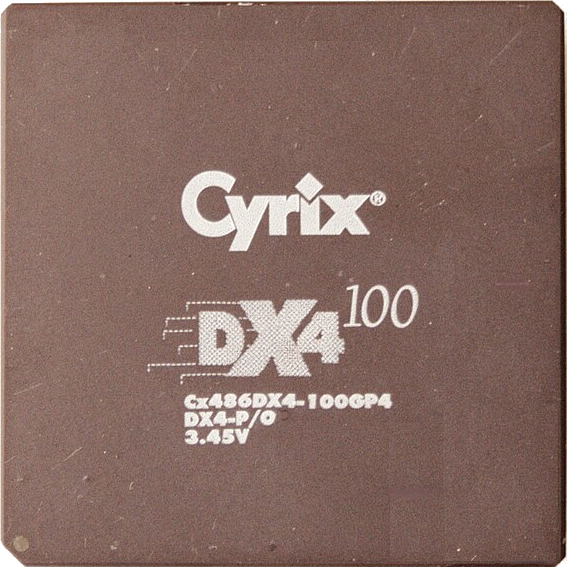I have backups on a backup hard drive and also synced to B2, but I am thinking about backing up to some format to put in the cupboard.
The issue I see is that if I don’t have a catastrophic failure and instead just accidentally delete some files one day while organising and don’t realise, at some point the oldest backup state is removed and the files are gone.
The other thing is if I get hit by a bus and no one can work out how to decrypt a backup or whatever.
So I’m thinking of a plain old unencrypted copy of photos etc that anyone could find and use. Bonus points if I can just do a new CD or whatever each year with additions.
I have about 700GB of photos and videos which is the main content I’m concerned about. Do people use DVDs for this or is there something bigger? I am adding 60GB or more each year, would be nice to do one annual addition or something like that.
I decided instead to use ZFS. Better protection than just letting something sit there. Your backups are only as good as your restores. So, if you are not testing your restores, those backups may be useless anyway.
ZFS with snapshots, replicated to another ZFS box. The replicated data also stores the snapshots and they are read-only. I have snapshots running every hour.
I have full confidence that my data is safe and recoverable.
With that said, you could always use M-disk.
I have automated backups including to cloud, but I want a separated manual system that cannot get erased if I mess something up (accidentally sync a delete, lose encryption key, forget to pay cloud bill). I have 3 2 1 but it’s all automated and backups are eventually replaced, if it’s not a critical failure I won’t necessarily know I’ve lost something.
Basically, I specifically want cold storage, and not cloud. I will only add, not delete from it. And I don’t want it encrypted.
Based on other conversations I’m planning on using duel disks mirrored, zfs, annual updates and disk checks with disks rotated out every 5 years (unless failing/failed). Handling the need for layman retrival of data by including instructions with the hard drives.
ZFS even if only one server is much better than most people have. If your ZFS replication is to a different building you have done pretty good. However as others have pointed out there are limits. Those servers costs you a couple bucks/month in electric (where I live my electric is 100% wind, but most of you should read CO2). You have to buy both servers, and hard drives will crash regularly.
There are a lot of trade offs, but cold storage backups are often much cheaper in the long run than the backup zfs server. And those cold backups are a lot easier to put into multiple different locations.
Just a hdd in usb caddy? IMHO good enough for 4 tier backup.
Yes this seems to be the general theme. Main issue is sorting out a file system. I can use a self-repairing one, to recover from long term storage issues, but then it likely won’t work in Windows which it may need to if I want a layman to be able to access it. So still some refinement of the plan but it’s coming together.
I’ve also decided to print some physical photos, aiming for 100 per year, and will put everything in a container together. The physical photos are for in case the container is lost for decades and the drives die, then there will at least be something.
I’m using blu-ray disks for the 3rd copy, but I’m not backing up nearly as much data as you are.
The only problem with optical media is that you should only expect it to be readable for a couple of years, best case, at this point and probably not even that as the tier 1 guys all stop making it and you’re left with the dregs.
You almost certainly want some sort of tape option, assuming you want long retention periods and are only likely to add incremental changes to a large dataset.
Edit: I know there’s longer-life archival optical media, but for what that costs, uh, you want tape if at all possible.
The other thing is if I get hit by a bus and no one can work out how to decrypt a backup or whatever.
Documentation, documentation, documentation. No matter what system you have, make sure your loved ones have a detailed, image-heavy, easy to follow guide on how restorations work - at the file level, at the VM level, at whatever level you are using.
That being said, DVDs actually have quite a short shelf life, all things considered. I’d be more inclined to use a pair of archival strength USB NVME drive, updated and tested routinely(quarterly, yearly, whatever makes sense). Or even an LTO tape, if you want to purchase the drive and some tapes.
You can put your backups in something like VeraCrypt. Set an insanely long password, encoded in a QR code, printed on paper. Store it in the same secured location you store your USB drives (or elsewhere, if you have a security posture).
You may also consider, if money is not a concern, a cloud VPS or other online file storage, similarly encrypted. This can provide an easy URL to access for the less tech-savvy, along with secured credentials for recovery efforts. Depending on what your successors might need to access, this could be a very straightforward way to log into a website and download what they need in an emergency.
archival strength USB NVME drive,
Does such a thing exist? Ordinary flash storage is pretty bad at keeping its content when powered off for a long time, due to how flash memory works. I’d be curious about such drives.
No, they don’t, I pulled it out of my butt. I rewrote my original draft and that slipped in. NVME wouldn’t make sense unless you were powering them up every few months for updates.





